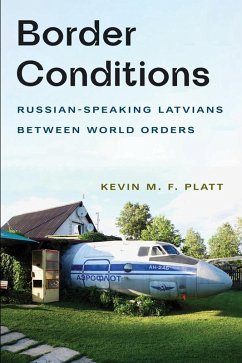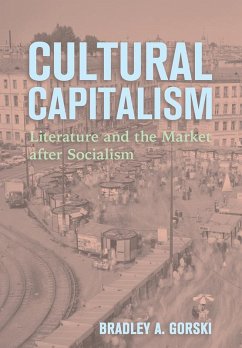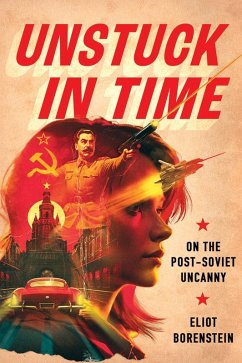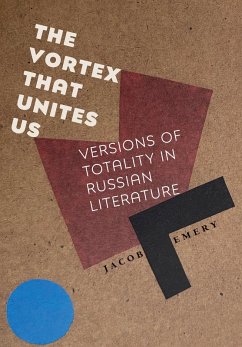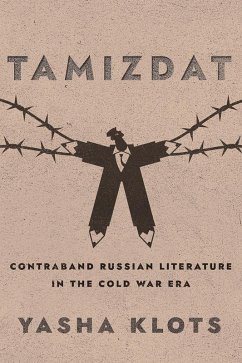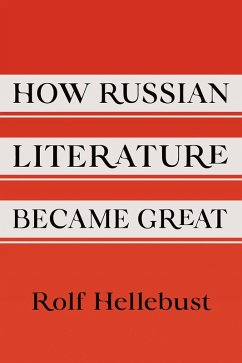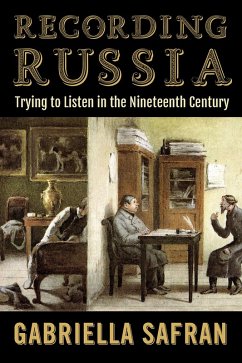Border Conditions combines history and memory studies with literary and cultural studies to examine lives at the limits of contemporary Europe: Russian speakers living in Latvia. Since the fall of the USSR in 1991, Latvia's Russian speakers have balanced between Russia and Europe as well as a socialist past, a capitalist and liberal present, and an illiberal regime rising in the Russian Federation. Kevin M. F. Platt describes how members of this population have defined themselves through art, literature, cultural institutions, film, and music-and how others have sought to define them.
At the end of the Cold War, many anticipated that societies globally could agree on the meaning of past history and a just politics in the present. The view from the borders of Europe demonstrates the contradictions pertaining to terms like empire, state socialism, liberalism, and nation that have made it impossible to achieve a consensus. In refocusing the examination of state socialism's aftermath around questions of empire and postcolonialism, Border Conditions helps us understand the distinctions between Russian and Western worldviews driving military confrontation to this day.
At the end of the Cold War, many anticipated that societies globally could agree on the meaning of past history and a just politics in the present. The view from the borders of Europe demonstrates the contradictions pertaining to terms like empire, state socialism, liberalism, and nation that have made it impossible to achieve a consensus. In refocusing the examination of state socialism's aftermath around questions of empire and postcolonialism, Border Conditions helps us understand the distinctions between Russian and Western worldviews driving military confrontation to this day.
Dieser Download kann aus rechtlichen Gründen nur mit Rechnungsadresse in A, D ausgeliefert werden.

